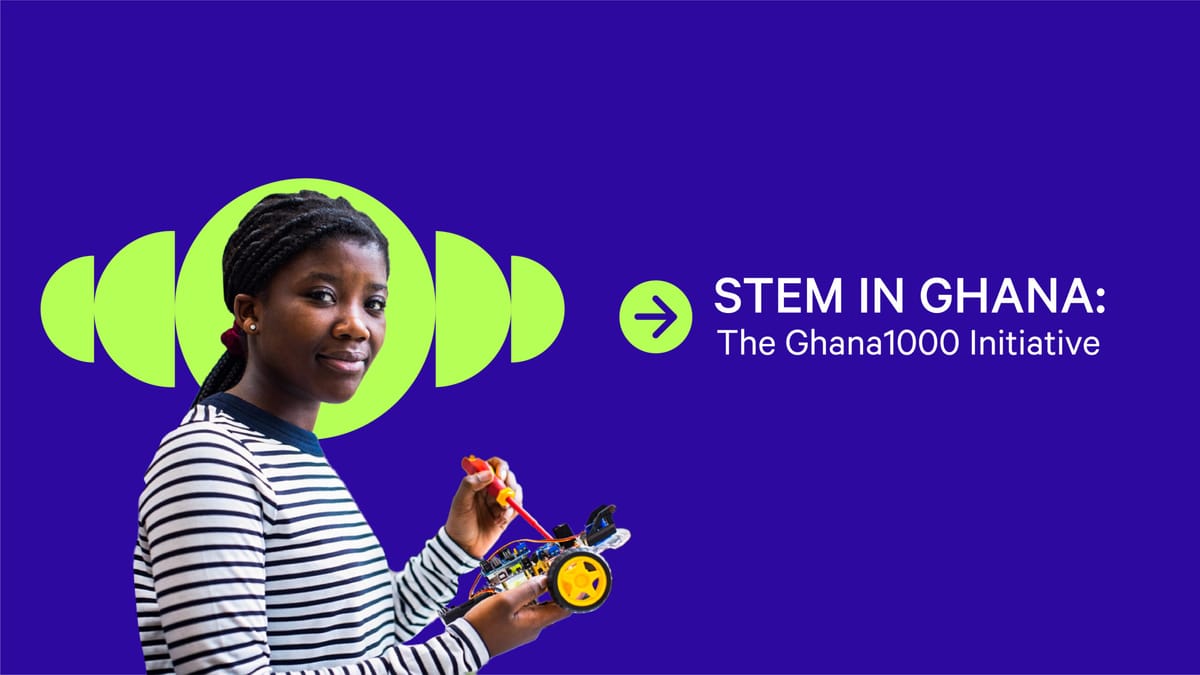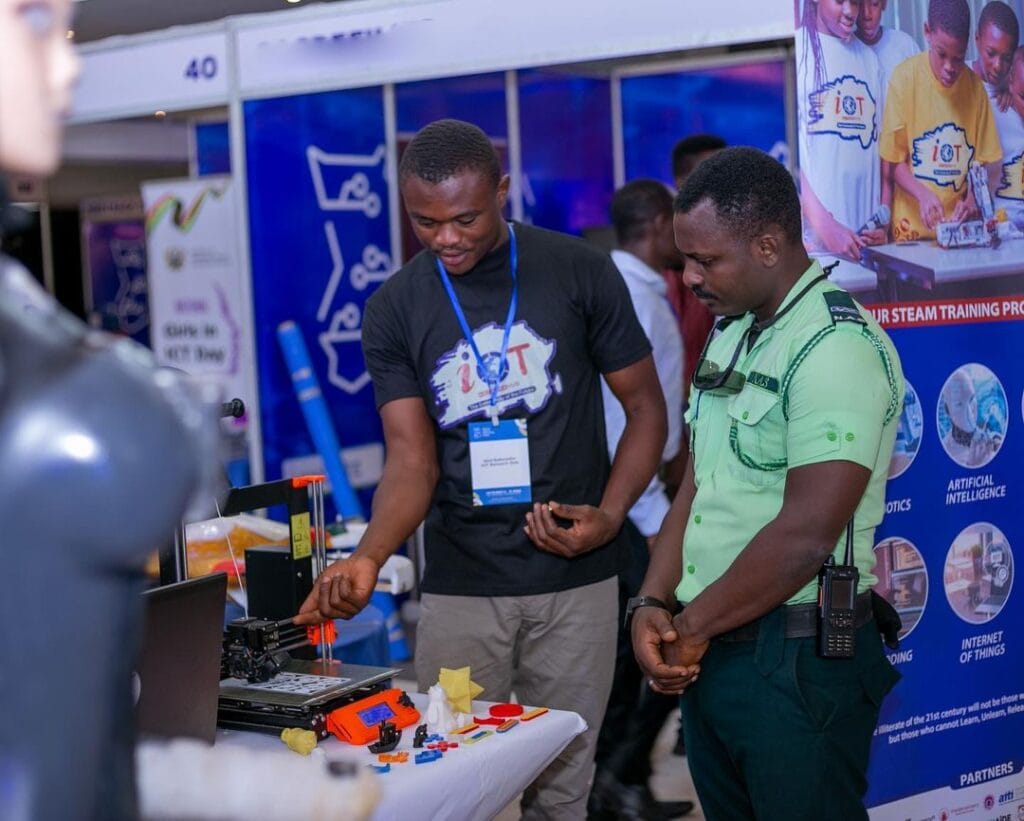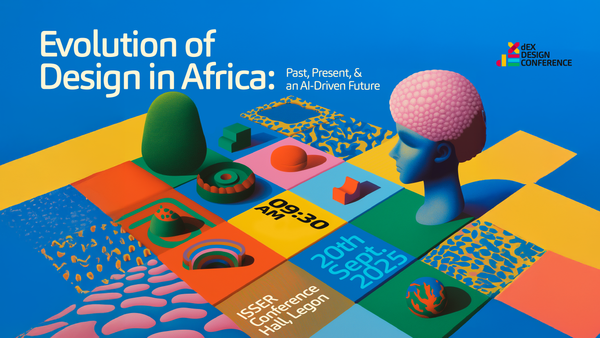STEM In Ghana: The Ghana1000 Initiative
Commencing from the academic year 2017/18, the government implemented free secondary school education in Ghana.

Commencing from the academic year 2017/18, the government implemented free secondary school education in Ghana. As higher education experiences significant growth, there is a growing acknowledgment and support for vocational education as a strategic approach to mitigating unemployment, backed by various initiatives. Notably, STEM subjects, encompassing science, technology, engineering, and mathematics, are receiving heightened focus, expected to pave the way for significant future opportunities. However, a prevalent challenge lies in the lack of tangible connections between lessons in these subjects and students' everyday lives.

Ghana faces a critical skills gap in STEM and ICT, despite a booming ICT industry. By 2030, Ghana is expected to offer 9 million digital jobs and $4 billion in revenue. However, the country struggles with a shortage of scientists and engineers. The Ministry of Environment, Science, Technology, and Innovation recognizes the importance of a knowledge-based economy. Ghana ranks 90th in global STEM education. Failure to bridge the skills gap could hinder economic growth, with 80% of industries fearing a shortage in digital skills. A survey reveals issues in practical STEM education at the Junior High School level, indicating a need for improvement.
The Ghana1000 Initiative
The Ghana1000 Initiative is a groundbreaking program dedicated to enhancing STEM (Science, Technology, Engineering, and Mathematics) graduate employability in Ghana, with a special emphasis on empowering young female graduates.
Program Overview:
The initiative provides a fully sponsored 6-week intensive business and data skills training program for STEM graduates embarking on their National Service in November 2023. This program aims to facilitate a seamless transition into the workforce, addressing the specific employability challenges faced by STEM graduates and fostering their successful integration into the industry.
Commitment to Development:
The Ghana1000 program signifies a significant commitment to addressing the employment obstacles encountered by STEM graduates in Ghana. It reflects a dedication to fostering economic development and social progress within the country.
Inaugural Graduation Ceremony:
The Managing Director of Industry Immersion Africa (iiAfrica), Dr. David Attipoe, underscored the importance of preparing students for the challenges and opportunities presented by the Fourth Industrial Revolution. He shared these insights during the inaugural graduation ceremony of the Ghana1000 initiative on October 17, 2023.
Success and Gender Diversity:
Dr. Attipoe highlighted the program's remarkable success, receiving a total of 1,928 applicants, indicating a strong interest in STEM education. Notably, 31% of the applicants were female, showcasing a positive stride toward gender diversity in the field.
Out of the 1,030 admitted applicants, an impressive 753 individuals successfully completed the course, marking a significant milestone in the initiative's mission to empower and equip STEM graduates for success in the workforce. The Ghana1000 Initiative stands as a beacon of progress in Ghana's efforts to bridge the gap between STEM education and industry demands.





